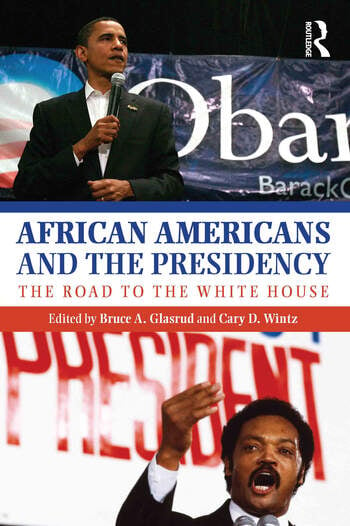Vision Turns to Division
American Review
Global Perpectives on US Affairs
Issue 2 (May 2010)
pages 12-15
Kevin Gaines, Director of the Center for Afroamerican and African Studies and Professor of History
University of Michgan
The election of Barack Obama has had surprisingly little impact on a nation fixated on race
In 1886, the African American abolitionist and spokesman Frederick Douglass published “The Future of the Coloured Race,” an essay which held that the biological assimilation of black Americans was inevitable. The Negro, in the parlance of the time, would neither be annihilated nor expatriated, nor would he “survive and flourish” as a distinct and separate group. Instead, “he will be absorbed, assimilated” into the white majority, visible “in the features of a blended race.” For Douglass, this amalgamation was a fait accompli, despite white protestations against interracial intimacy.
Writing amid the codification of a new system of racial segregation in the south of the US, and soon after his marriage to a white woman, Helen Pitts, had angered many. Douglass’s vision of racial comity through the biological absorption of blacks and whites was edgy, even transgressive. Still, it proved no match for the white south’s concerted assault on the political and social rights of black people, which persisted until the mid-1960s reforms of the civil rights movement. In a manner reminiscent of Douglass, since the 1990s advocates of the multiracial movement have looked to the growing population of mixed race Americans, neither black nor white, as evidence of racial progress. First Tiger Woods, and now Barack Obama, have embodied for many Americans the solution to the nation’s historical racial conflicts. Our black or, as some prefer, biracial president has become for many a symbol of reconciliation and national unity.
Yet, just as Douglass had done in his own time, the multiracial movement exaggerates the extent to which the post-civil rights increase of interracial marriages and their mixed-race offspring constitutes a solution to the problem of racism. As critics of multiracial ideology have noted, positive perceptions of mixed-race people as less threatening are often rooted in pejorative assumptions about blacks as angry or inferior. In other words, this idealised view of ‘bi-racial’ people reinforces, rather than challenges, prevailing notions of racial difference, of white superiority and black inferiority. The fascination with Obama as a seemingly ‘raceless’ mediator, once praised by a news presenter who gushed after a major presidential speech, “For an hour, I forgot he was black,” is a far cry from the resentful perception in some quarters of his wife, Michelle, as an “angry black woman.” The belief that a mixed race president heralds an era of racial harmony seems not just naïve, but misguided…
Read the entire article here.




